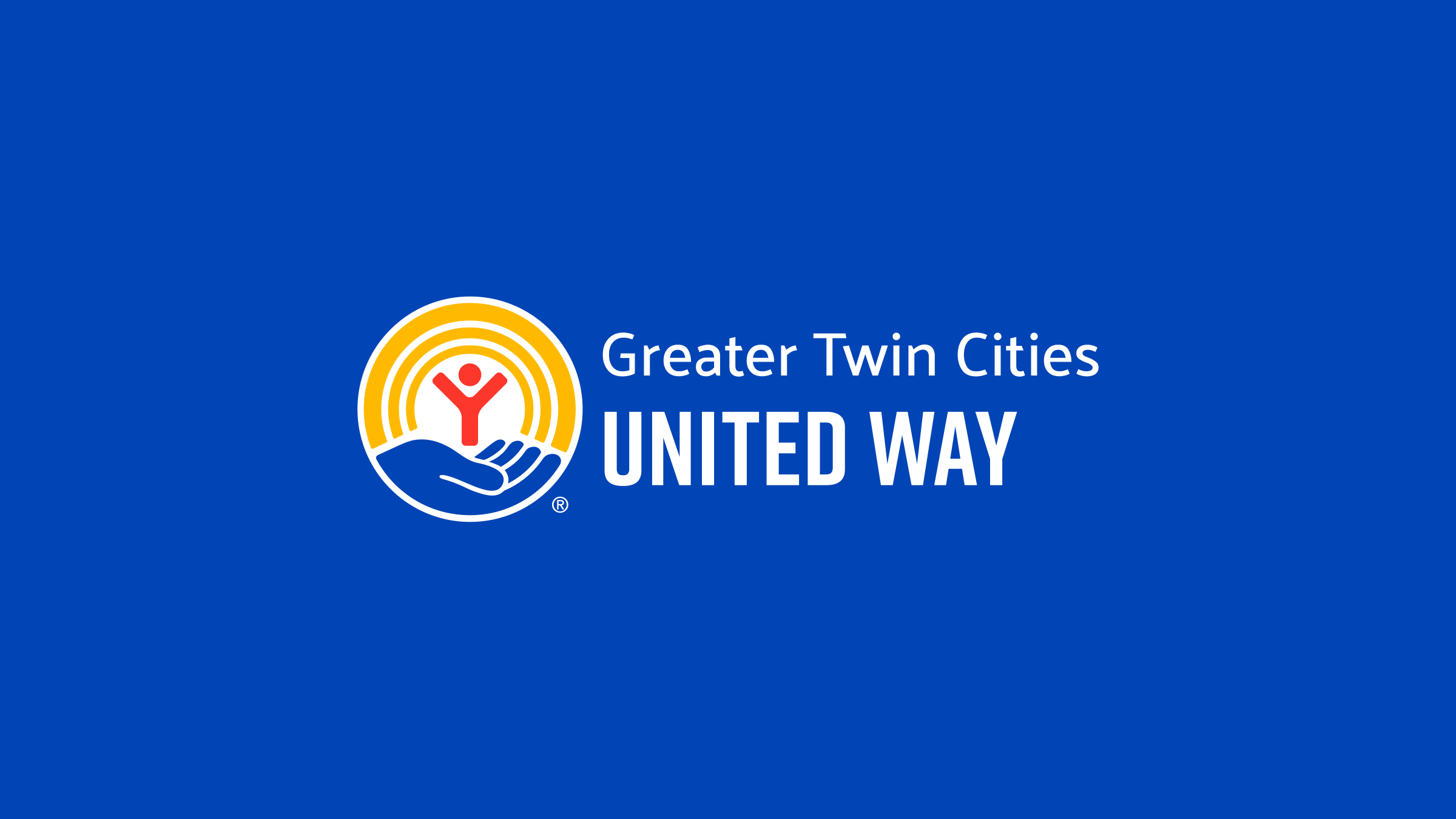
Greater Twin Cities United Way (United Way) announced today it is distributing $200,000 in a first round of immediate grants from the Greater Twin Cities COVID-19 Response and Recovery Fund. Thirty-one of United Way’s existing, fully vetted housing and food security nonprofit partners will receive funding by March 25, 2020. The funds will be used to address critical community needs, including food, shelter, childcare, sanitation and hygiene supplies, and financial assistance for approximately 75,000 people across the region.
Research shows that one’s ability to thrive in life is based more on income level, race and place of residence rather than human potential. “Our greatest concern is the disproportionate impact of COVID-19 on people already experiencing the greatest disparities,” said John Wilgers, President & CEO, Greater Twin Cities United Way. “That concern guides our strategy for targeting resources in this time of crisis.”
The grants are funded by the generosity of the local community as part of the Greater Twin Cities COVID-19 Response and Recovery Fund that United Way launched last week. To donate to the fund, go to www.gtcuw.org/covid19fund or text GTCUWCOVID19 to 51555. One hundred percent of the donations will go directly into the community.
“Nonprofits are essential to mitigating the immediate and long-term impacts of COVID-19 on our communities, and many don’t have the financial flexibility or buffers to sustain during a crisis of this magnitude,” said Acooa Ellis, Senior Vice President of Community Impact, Greater Twin Cities United Way. “We are uniquely positioned to support our nonprofit partners with the help of generous donors.”
United Way co-authored a joint letter to the Governor’s office and legislative leaders with specific legislative actions to support nonprofits on the front lines so they can provide uninterrupted, critical services to communities across Minnesota. To reinforce action, United Way invites the community to endorse the letter.
Significant funding for essential nonprofit human services is provided by the government. Most contracts are based on fee-for-service or per capita basis, meaning overhead costs are embedded in pricing. Therefore, reductions in services due to the pandemic will create major fluctuations in cash flow and directly limit a nonprofit organization’s ability to serve the community over the long term.
A survey from Minnesota Council of Nonprofits and Propel Nonprofits found 72 percent of Minnesota nonprofits have less than six months of cash on hand. Further, 40 percent don’t have an operating reserve. Of those that do, the operating reserve is zero to five percent of their annual operating budget.
The 9,000 nonprofit community service organizations in Minnesota are critical to the economy, employing over 385,000 people which equates to 13 percent of the state’s workforce.
About Greater Twin Cities United Way: One in four people in the Twin Cities region are experiencing poverty. Greater Twin Cities United Way supports long-term wellbeing by working to provide equitable access for all to a strong education, stable housing, healthy food and good jobs. We do this by bringing together the public, private and nonprofit sectors to solve the community’s most pressing needs. Through our public policy work, volunteer engagement, coalition building, United Way’s 2-1-1 hotline, nonprofit leadership support and grant making, we take a holistic, long-term approach to help people meet their potential. That’s because when more of us reach our potential, our whole community benefits. For more information, visit www.gtcuw.org, Facebook, Twitter, Instagram, and LinkedIn.
###